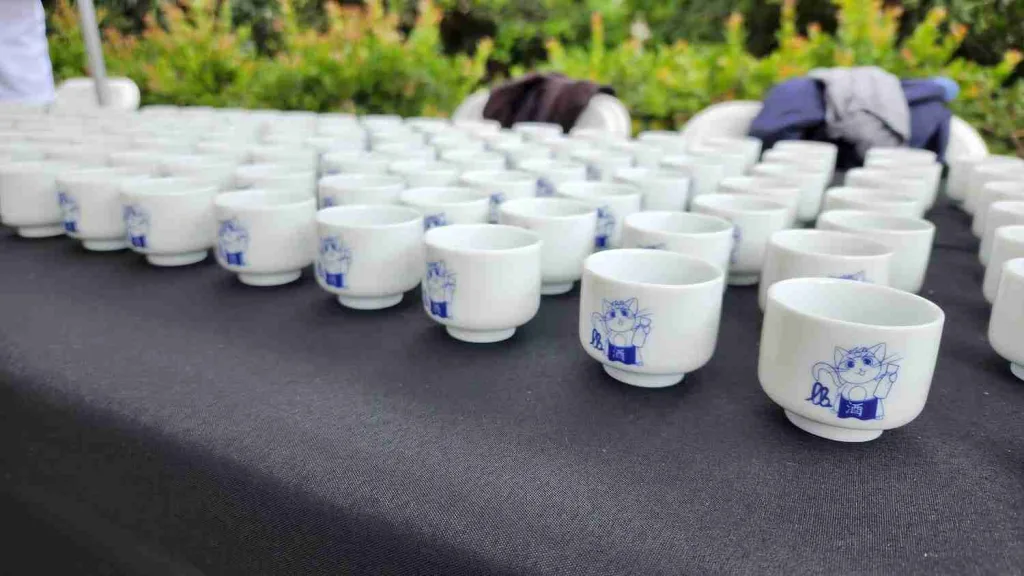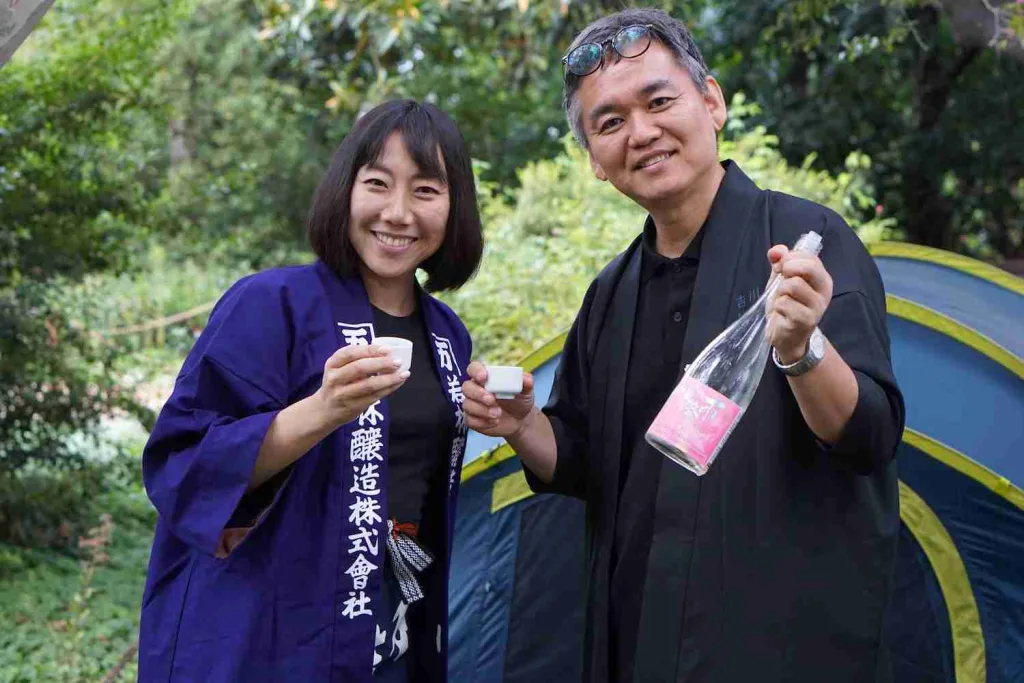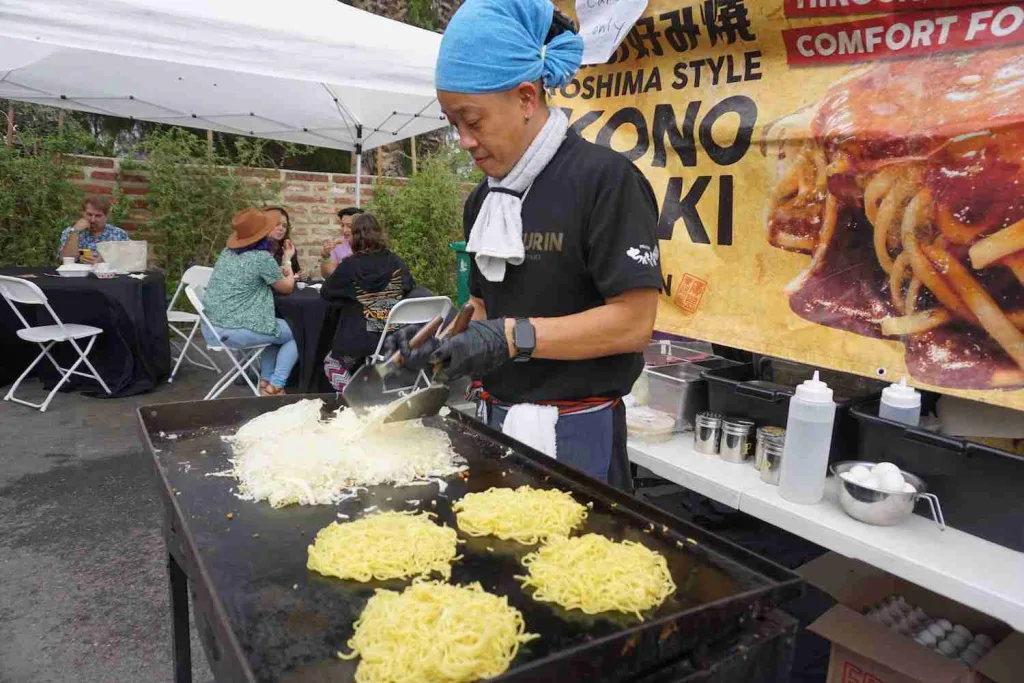In the world of what seems like an over-saturation of food and alcohol events—tequila festivals, beer festivals, taco festivals…—it becomes increasingly difficult to create a gastronomical festival that is distinctly unique; one that likely offers something that the majority of its attendees are either not well-versed in or at least have a heightened curiosity to explore but haven’t had the chance.
Enter Sake Day, which hosted its inaugural event at Rancho Los Cerritos last weekend.
The brain child of Sake Secret owner Greg Beck and Craft Beer LB festival master Dennis Trilles, the festival exuded a coolness that I am sure will be more well known come next year because I doubt there were many disappointed attendees.
And that latter point comes with a sense of bittersweetness: The festival was well attended but by no means packed—and that gave it a sense of a chill factor which, in turn, gave the overly kind sake makers who were at the festival the ability to take on conversations that were filled with education about what they make.
Yes, what they make: Sake brewers were directly on hand and—unlike the ubiquitous Nigori or Sho Chiku Bai brands that permeate nearly every sushi space across the country, even the vast majority in SoCal—Sake Day brought out far more independent sake makers whose brands and ethos introduced most festival goers to a new side of the famed rice wine.
Take, for example, the female-owned-and-brewedsake brewery Wakabayashi Shuzo. Their Moon Bloom brand, led by President Ruriko Yamada, who treated VIP festival goers to Moon Bloom’s Daiginjo sake; Daiginjo is largely considered the most luxurious of Sake, where brewers are using their best rice at the highest polishing rate. The result of their sake is a drink that almost has cake-like hints of sweetness with hints of fruit. Regular festival goers got to try her staple namesake sake.
Then there’s Afuri president Norimichi Goto, on hand to promote the brewery—easily the stand-out of the festival.
Wildly varying and complex, Afuri’s Sake range from the flavor profiles of Rosé and Champagne to the more rice-forward concoctions people are used to—and it was the former that kept visitors returning for more. “Ohana,” for example, was an example of the brewery’s many Junmai labels. (“Junmai” means no brewer’s alcohol was added in the brewing process, otherwise known as pure rice sake.) Pouring out a beautiful salmon pink, it honestly felt wine-like—a compliment, according to Goto, who says the brewery wants to push the boundaries of what sake making is all about.
Add onto this two more perfect additions: Trilles and Beck chose nothing but Japanese food reps to be on hand, from the local (and vastly underrated) karaage joint that is Ken Harada’s Torisho to a preview of Wagyu Street—opening a space at the Long Beach Exchange retail complex next year—to katsu sandwiches to okonomiyaki…
This was then tacked onto the vibe and scenery of Rancho Los Cerritos, which was draped in overcast clouds and even had a decent amount of rain come down—something the festival goers and sake reps had little issue with: It provided a serene sense of quiet to the festival, where the patter of rain and conversations about sake perfectly overlapped one another.
As cheesy as it sounds, it was magical. And I can’t wait for next year.







